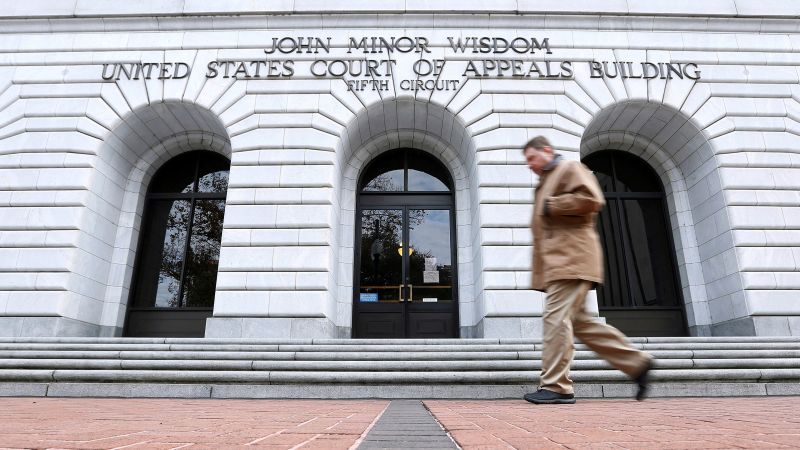In a recent development, a conservative appeals court has reversed some aspects of a ruling that pertains to nationwide Affordable Care Act requirements for preventive services to be covered by insurers with no cost. This includes cancer screenings and a popular heart medication.
However, the 5th US Circuit Court of Appeals has upheld a trial judge’s findings that some of the no-cost coverage mandates were unlawful due to constitutional violations by the federal task force recommending the covered preventive services.
The case revolves around recommendations for no-cost coverage mandates issued by the US Preventive Services Task Force, the Advisory Committee on Immunization Practices, and the Health Resources and Services Administration.
Previously, US District Judge Reed O’Connor in Texas had struck down recommendations that were not in place when the Affordable Care Act was signed in 2010. This decision was based on the argument that the task force appointment violated the Constitution.
If O’Connor’s ruling had been implemented nationwide, it would have invalidated coverage mandates for cancer screenings, statins for cardiovascular disease prevention, counseling referrals for at-risk pregnant women, and HIV-prevention measures like PrEP.
With the new ruling, the 5th Circuit has set a precedent that will apply to similar cases in Texas, Louisiana, and Mississippi. This decision could have far-reaching implications for the law’s impact on millions of Americans.
This ruling also sets the stage for a potential Supreme Court battle over the Affordable Care Act, which has faced legal challenges since its inception.
The Justice Department and the Department of Health and Human Services have not provided comments on the ruling. The challengers’ lawyer has also refrained from commenting on the case.
Parts of the case have been sent back to the lower court for further review on the constitutionality of recommendations from the Advisory Committee on Immunization Practices and the Health Resources and Services Administration.
The 5th Circuit criticized the trial judge for issuing a broad order that would have halted mandates from the task force nationwide, even though the plaintiffs were already shielded from enforcement actions under the Affordable Care Act.
As Andrew Twinamatsiko from the O’Neill Institute for National and Global Health Law at Georgetown University pointed out, the battle is ongoing as plaintiffs have the opportunity to challenge recommendations from HRSA and ACIP.











